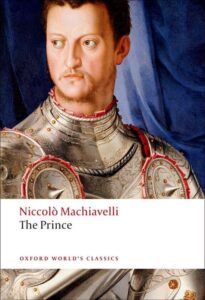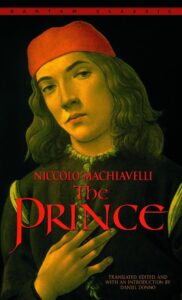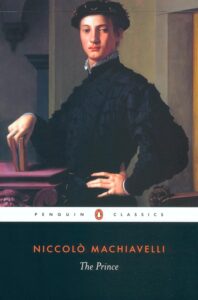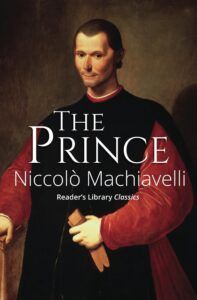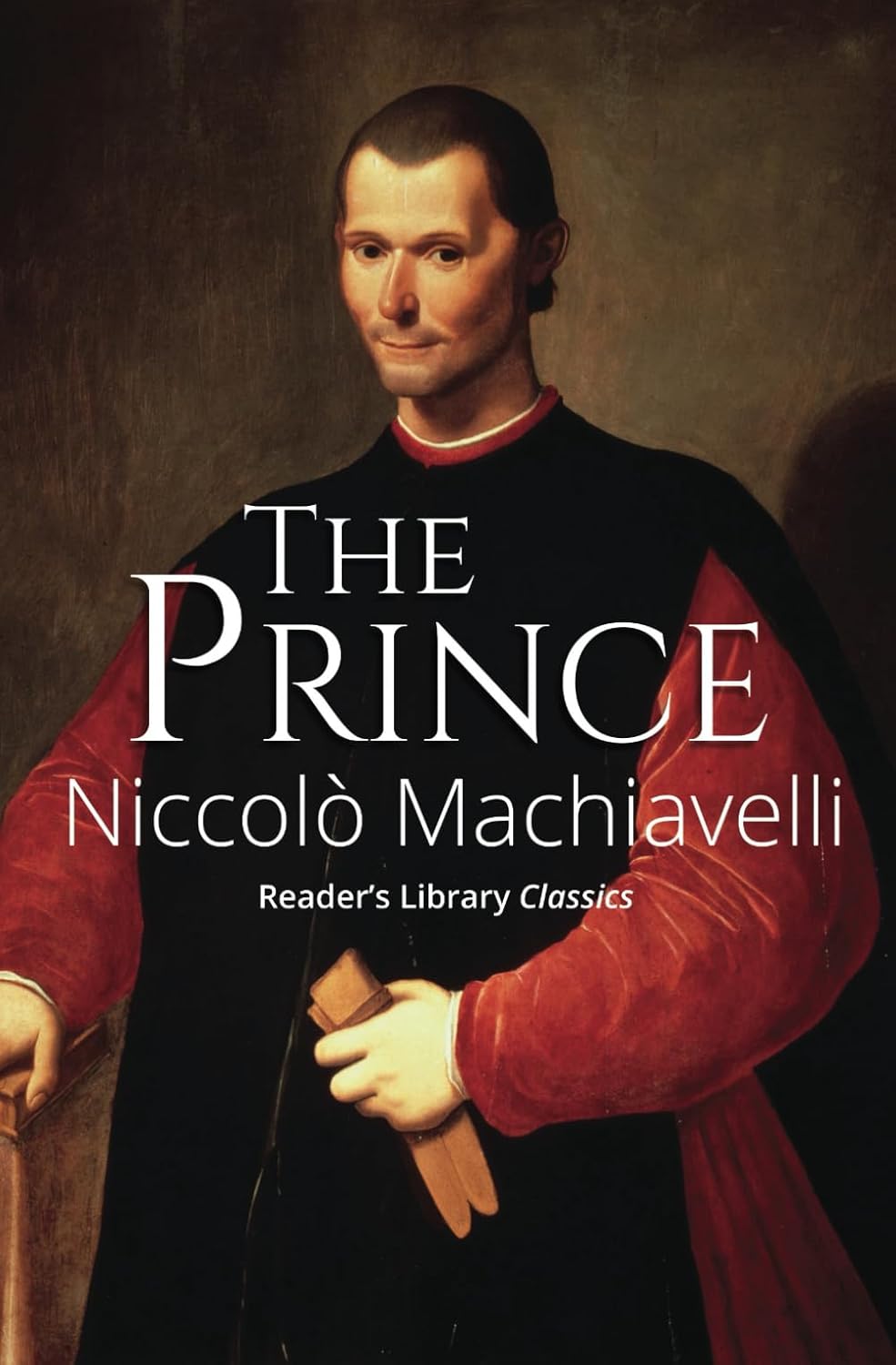When The Prince was first circulated in the early 16th century, it immediately caused controversy. Machiavelli’s blunt advice on power, politics, and leadership was seen as dangerous, even shocking. Rather than speaking of morality or virtue, he wrote about ruling with cunning, manipulation, and, when necessary, cruelty. For centuries, the book was banned by the Catholic Church, placed on the Index of Prohibited Books in 1559. It was condemned as immoral and corrupting, often described as a “handbook for tyrants.” Despite these bans, it spread widely in secret, both feared and admired for its ruthless honesty.
The banning of the book was as much about fear as morality. By stripping politics of lofty ideals, Machiavelli showed rulers how to maintain power through strategy rather than virtue. His advice that it is “better to be feared than loved” became one of the most infamous lines in political thought. For church authorities and monarchs, the book was threatening because it empowered rulers to act pragmatically, without regard for religious or ethical rules. Ironically, attempts to suppress it only made it more influential.
Niccolò Machiavelli, born in Florence in 1469, lived during a time of constant political upheaval in Italy. He worked as a diplomat for the Florentine Republic until the Medici family returned to power and had him imprisoned and tortured. After his release, he retreated into a quieter life of study and writing. The Prince was written not just as political theory but also as a plea for employment, an attempt to win back favor with the Medici rulers. Though rejected in his lifetime, his work eventually reshaped political philosophy across Europe.
The book itself is a short but powerful treatise on how rulers should gain, maintain, and consolidate power. Machiavelli discusses warfare, alliances, deception, and the balance between fear and love. Rather than dreaming of ideal societies, he focuses on the reality of human nature, which he saw as selfish and unpredictable. In doing so, he laid the foundation for what would later be called “realpolitik”—a politics rooted in pragmatism rather than morality.
Today, The Prince is studied around the world as one of the most influential works of political philosophy. Once banned as heresy, it is now recognized as a groundbreaking attempt to understand power as it truly functions. It still matters because it forces us to confront uncomfortable truths about leadership, morality, and the cost of authority. More than 500 years later, Machiavelli’s sharp insights continue to challenge, provoke, and guide debates about politics and human nature.
